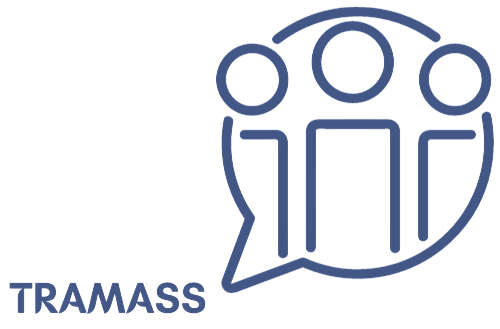Inclusion and linguistic diversity are crucial aspects in the development of automatic translation tools. A recent study has provided a preliminary insight into ChatGPT’s ability to address the translation of diverse and inclusive texts, particularly in the English-Spanish language combination.
In the Spanish-speaking context, inclusive language has emerged as a relevant topic in the social sphere. In Spanish, various strategies allow for the visibility and equitable recognition of historically marginalized genders and communities, such as the LGBTI+ communities.
The integration of artificial intelligence into our lives is leaving a significant mark on society, and the field of translation is not exempt from this influence. Consequently, the present work focused on evaluating the results obtained by ChatGPT in this context. It was observed that, in several cases, the solutions offered by this AI are comparable to those provided by conventional machine translation engines.
A particularly notable finding is that, unlike most machine translation engines, no pre-editing of the texts was required when using ChatGPT. This aspect highlights the tool’s ability to generate accurate and coherent translations without prior human intervention.
This study underscores the importance of continuing to explore and develop translation tools that are not only accurate but also sensitive to linguistic and cultural diversity. ChatGPT’s ability to handle linguistic inclusivity is a significant step forward in this field, and suggests a promising future for automatic translation in multicultural and multilingual environments.
